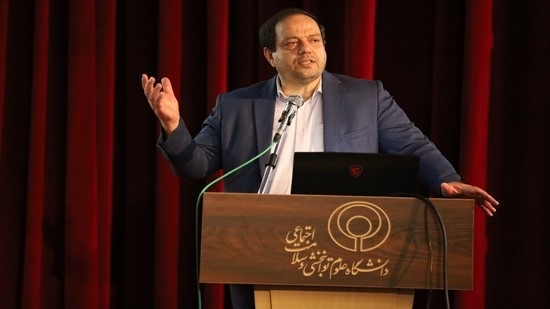Preparedness and intersectoral cooperation are the keys to facing a crisis

Preparedness and intersectoral cooperation are the keys to facing a crisis
Maintaining preparedness and recognizing duties during crises based on intersectoral cooperation are the keys to facing crises, and preparedness for incidents and disasters such as wars and military conflicts is a necessity.
According to a report by Web Day campus reporter, Dr. Ali Khaji, the executive secretary of the first annual congress of the Iranian Medical Ethics Society, which was hosted by the University of Social Welfare and Rehabilitation Sciences on 24 Mehr, said: “Alongside risks and incidents, considering war as a crisis is essential, and medical ethics in military medicine is one of the most sensitive and complex areas of contemporary medicine. In normal conditions, medical ethics is based on beneficence, non-maleficence, patient autonomy, and justice, but war puts these principles to a severe test.”
He added: “Recent experiences in the Gaza war and the 12-day aggression by the Zionist enemy into our territory show this matter, and studies indicate that an appropriate response to risks requires pre-determined professional preparedness and ethical and legal appendices in incidents and disasters.”
The moderator of the Ethics in Disasters and Crises Panel at the first annual congress of the Iranian Medical Ethics Society stated, “The 12-day war that suddenly spilled into our country is an unfortunate event. However, despite our inner reluctance, we should not regard its repetition as impossible; rather, by understanding duties before it occurs, we should act correctly to witness less damage.”
Dr. Khaji criticized writing guidelines to cope with crises such as war by non-medical and non-professional individuals, adding: “Intersectoral collaboration in war and principled pre-crisis work reduces damage, increases resilience, and preserves ethical and legal principles for the target community, which is referenced in this scientific event.”
He stated: “Military medicine is a setting where conflicts peak; in this environment, doctors and medical staff face numerous constraints and must balance between ethical duties on one hand and preserving their own and their loved ones’ lives on the other.”
A faculty member at the University of Social Welfare and Rehabilitation Sciences said: “The main challenge is how to preserve the principles of medical ethics when ‘absolute survival’ becomes the apparent priority, and understanding individual and organizational ethical duties in crisis conditions such as war is a prelude to preparedness for timely and appropriate responses to health sector needs during military engagements, which was addressed in this scientific event.”


نظر دهید